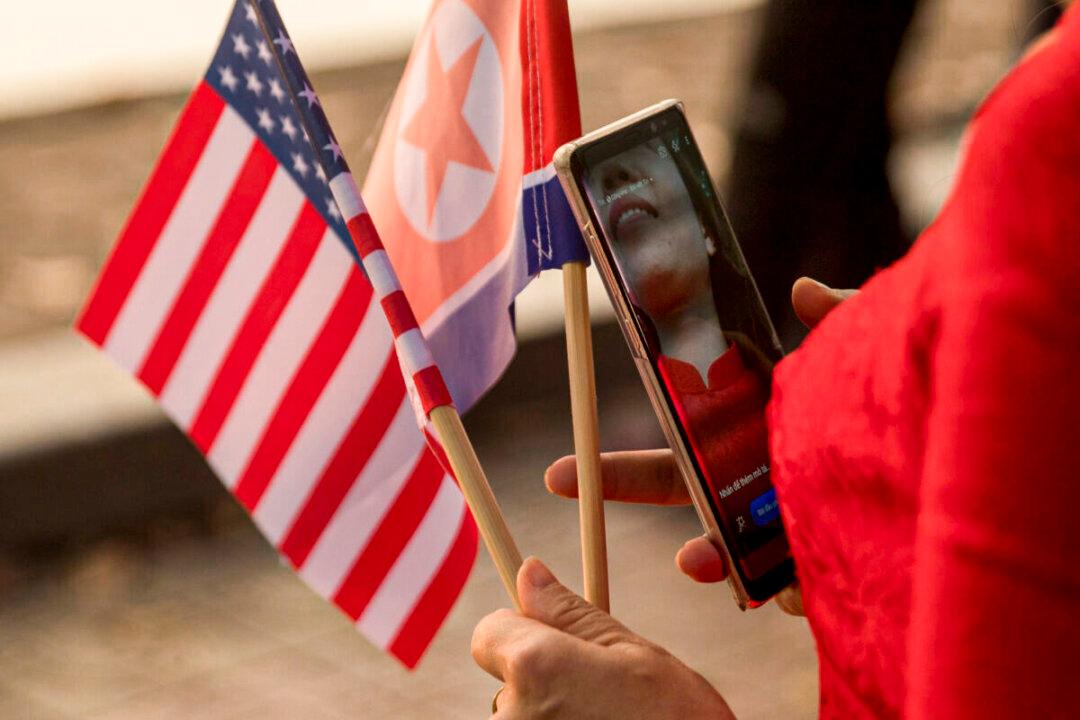The United States bears “no hostile intent” toward North Korea and is prepared to meet for negotiations without any preconditions, principal deputy spokesperson for the state department Jalina Porter said on Monday.
Porter was responding to questions by reporters on South Korean President Moon Jae-in’s claims that the United States, China, and North Korea have all agreed “in principle” to call an end to the 1950–1953 Korean War.





